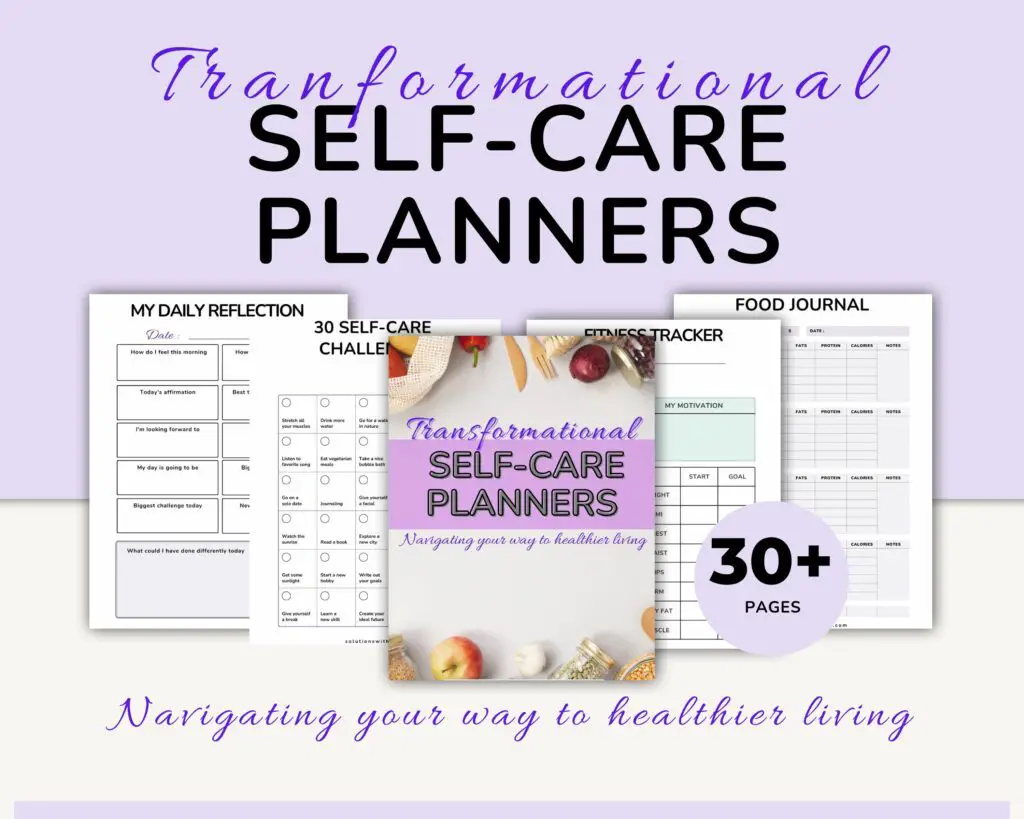Most people don’t read because they say there is no time. But is that really the only reason?
We all know that reading is important. It helps us learn, stay informed and grow as people. So why don’t we read more often? There are many reasons, but here are some of the most common ones. Check them out and see if they resonate with you. If so, maybe it’s time to make a change.
Studies show that younger persons tend to read more than older ones. In fact, 80 % of persons between 18-29 years read a book in the past year compared to 68% of those between the ages of 50-64 years.
Unfortunately, the study didn’t specify if this reading was was leisure or school related. However, there has been an increase in books written for the younger generations. Additionally, females are generally more avid readers than men.
Regardless, research shows that the amount of people who read print books seem to be in the decline, particularly among younger persons.
crum, 2015
- Most people don't read because they say there is no time. But is that really the only reason?
- Reasons why we don't read more often
- 1. You don't read more often because of lack of time
- 2. You simply don't enjoy reading often
- 3. You don't read more because you don't know what to read
- 4. You don't have enough money to invest in reading more often
- 5. Lack of culture when it comes to reading often
- 6. You don't read more often because of too many other choices
- 7. You don't read often because will make you seen as being nerdy
- 8. You don't read often believe myths about reading
- 9. Intimidation by scholarly text may stop you from reading more
- How can I develop the habit of reading more often?
- What are the benefits of reading more often?
- What are some tips for slow readers?
- Final words on why we don't read more often
- Why do students fall behind academically?
- What are some tips for slow learners?
Want the perfect academic resource for your studies?
This all-in-one resource is perfect for any person who wants to take charge of their academic journey.
The bundle includes a total of 7 printables, each equipped with multiple worksheets, trackers, and expert advice.
Reasons why we don’t read more often
There are many reasons why people don’t read as much as they should. One reason is that we live in a fast-paced world where there is always something else competing for our attention.
As such, it’s easy to get caught up in the busyness of everyday life and forget to make time for reading. Another reason is that some people find reading difficult or boring.
They may have had negative experiences with reading in the past, or they may struggle to find material that interests them.
Let’s dive deeper into the reasons why we don’t read.
1. You don’t read more often because of lack of time
Lack of time is a very common excuse people give for not reading more.
We all have busy lives, but that doesn’t mean we can’t find time to read. If you can’t seem to find the time to sit down with a book, try listening to audiobooks while you’re commuting or working out.
Or try reading short articles or stories instead of full-length books. There are plenty of ways to fit reading into your busy schedule.
Whether it’s 10 minutes before bed each night or 30 minutes on the weekends, find a time that works for you and stick to it.
2. You simply don’t enjoy reading often
The lack of enjoyment of reading is the most common reason why persons don’t read more. But, there are so many different genres and types of books out there that there’s bound to be something you’ll enjoy.
If you don’t like reading fiction, try non-fiction. If you don’t like long books, try short ones. There are endless options available, so there’s no excuse not to find something you enjoy.

"Any book that helps a child to form a habit of reading, to make reading one of his deep and continuing needs, is good for him." - Maya Angelou
3. You don’t read more because you don’t know what to read
Not knowing how to read is a very valid excuse not to. However, there are plenty of resources out there to help you find your develop your reading skills.
Don’t be ashamed to ask for help and to start at a level that is suitable for you. With time and effort, you’re bound to make lot’s of progress.
4. You don’t have enough money to invest in reading more often
This is definitely a valid excuse, but there are plenty of ways to get around it. There are many libraries that offer free or discounted memberships.
And there are often used bookstores or online options like Amazon Kindle where you can buy books for less. There’s no need to spend a lot of money to develop the habit of reading.
5. Lack of culture when it comes to reading often
You might not have been exposed to reading at a young age, or you might not have parents or friends who are into reading. As such, you didn’t develop the culture of reading often.
This can definitely make it harder to develop the habit, but it’s not impossible. There are plenty of resources available (like this one!) to help you get started.
6. You don’t read more often because of too many other choices
In our modern world, there are so many choices for how to spend our time. We can watch TV, play video games, scroll through social media, or surf the internet.
With so many options available, it can be hard to choose reading over other activities. But if you make a conscious effort to prioritize reading, it can become a habit.
7. You don’t read often because will make you seen as being nerdy
For some people, reading is seen as being nerdy or uncool. This might be because they were teased for reading as a child, or because they associate reading with schoolwork.
But reading can be a fun and enjoyable activity, regardless of what other people think.
8. You don’t read often believe myths about reading
Some people don’t read more often because they believe that reading is bad for your eyesight or that it will make you forget things. But there is no evidence to support these claims.
Reading is actually a great way to improve your vocabulary and cognitive skills.
9. Intimidation by scholarly text may stop you from reading more
Intimidation by scholarly text can be a daunting prospect for many readers. The dense language and unfamiliar concepts can make even the most experienced reader feel lost.
However, there are some simple strategies that can help to make the text more approachable. First, take the time to familiarize yourself with key terms and concepts.
Reading a textbook or article multiple times can help to clarify difficult concepts. In addition, try to break the text down into smaller pieces, and focus on one section at a time.
Finally, don’t be afraid to ask for help from a professor or tutor. With some effort, anyone can overcome intimidation by scholarly text.

"Make it a rule never to give a child a book you would not read yourself." - George Bernard Shaw
How can I develop the habit of reading more often?
First, identify your reading goals. What do you hope to gain from reading? Once you have a clear understanding of your goals, select material that is aligned with those goals.
If you are looking to improve your vocabulary, for example, choose books that use unfamiliar words.
If you want to learn about a new topic, look for books that cover that subject matter. In addition, create a reading schedule and stick to it.
Dedicate a specific time each day to reading, and make sure to respected that commitment. Finally, be patient.
Habits take time to develop, so don’t get discouraged if you don’t see results immediately.
Keep at it, and eventually reading will become a part of your daily routine. Discover more helpful tips to make reading a habit.
What are the benefits of reading more often?
Research has shown that reading can improve your vocabulary and comprehension skills, as well as your overall knowledge.
In addition, reading can help to reducing stress levels and improve your concentration. It can also provide you with a sense of enjoyment and relaxation.
What’s more, reading is a great way to learn about new cultures and perspectives.
Whether you’re reading fiction or non-fiction, there’s always something new to be discovered. Learn more about the benefits of reading.
What are some tips for slow readers?
There are a number of strategies that slow readers can use to improve their reading speed and comprehension.
One common technique is called finger tracing, which involves moving a finger or tracking device along the line of text as it is being read.
This helps to keep the reader’s eyes focused on the words and can also help to increase reading speed.
Another effective strategy is to use a metronome or other type of timer to set a consistent reading pace.
This can help slow readers to avoid getting bogged down in individual words and to focus on understanding the overall meaning of the text.
Additionally, it is often helpful for slow readers to read aloud, either to themselves or to others.
This allows them to hear the words as they are being read and can also help to improve comprehension.
By using these and other strategies, slow readers can dramatically improve their reading speed and comprehension.
Final words on why we don’t read more often
As you can see, there are many excuses that people use for not reading. But if you’re serious about developing the habit, there are ways to overcome these excuses.
It might take some effort, but it’s definitely possible to make reading a part of your daily routine.
Developing the habit of reading can be difficult, but it’s definitely worth it.
There are so many benefits to reading, including improved knowledge, increased imagination, and enhanced vocabulary.
If you’re having trouble developing the habit, try some of the tips above. With a little effort, you’ll be well on your way to becoming an avid reader.
READY TO TRANSFORM YOUR SELF-CARE ROUTINE?
It’s time to make self-care a delight instead of a chore.
This incredible free resource comes packed with features for tracking everything from your daily water intake to how many steps you take.
Related topics
Why do students fall behind academically?
It is no secret that students sometimes fall behind academically.
There can be any number of reasons for this, from struggling with coursework to falling victim to distractions.
In order to get back on track, it is important for students to understand the root causes of their struggles and take corrective action.
This blog post will explore some of the most common reasons students fall behind in school and offer ways to address them. Read more
What are some tips for slow learners?
As any parent or teacher knows, all students learn at different speeds. Some students seem to grasp new concepts immediately, while others require more time and patience.
For students who learn more slowly, it is important to provide additional support and encouragement. Here are a few tips that can help slow learners succeed in the classroom. Read more
References
Chettri K, Rout S.K (2013) Reading Habits – An Overview. IOSR Journal Of Humanities And Social Science (IOSR-JHSS) Volume 14 , Issue 6, PP 13-17 e-ISSN: 2279-0837, p-ISSN: 2279-0845.
Crum, M (2015) Young people read more books than older Americans, Study shows.
Davidovitch N, Yavich R, Druckman E, (2016) Don’t throw out pater and pens yet: On the reading habits of students. Journal of internation Education Research. Vol 12 (4).
Rushana Greenidge-Horace












Leave a Reply